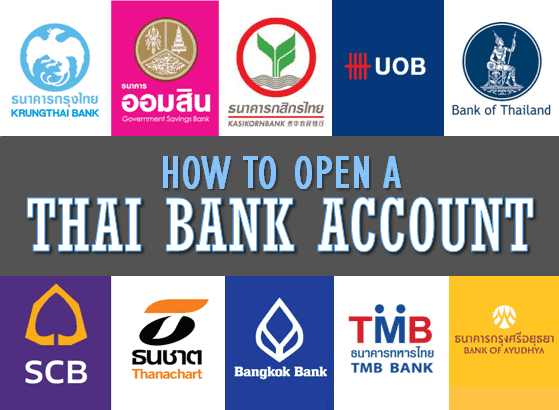Bangkok’s condominium surplus is projected to worsen after a 7.7-magnitude earthquake in Myanmar caused widespread destruction to thousands of buildings and shook high-rise structures in Bangkok, discouraging potential buyers.
Key takeaways
- The Myanmar earthquake worsens Bangkok’s condo oversupply as buyer confidence plummets.
- Developers face increased inspection costs, while smaller firms focusing on landed homes may benefit.
- The Thai property index remains under pressure, reflecting investor concerns over the sector’s recovery.
The earthquake, the most powerful to strike Myanmar in a century, claimed over 2,700 lives and led to the collapse of a partially constructed office tower in Bangkok.
Real estate experts, including Colliers Thailand, say the disaster has shaken buyer confidence, particularly in condominiums, further straining a market already burdened by high unsold inventory. Developers are now re-evaluating their strategies, focusing on improving safety standards and offering more attractive incentives to regain trust. Meanwhile, potential buyers are increasingly cautious, prioritizing properties with proven resilience and reliable infrastructure, which could shift demand toward lower-risk housing options.
Thailand’s real estate sector was already struggling following the COVID-19 pandemic. Government incentives and tax cuts aimed at reviving the market have had limited success. Developers are now grappling with rising construction costs, labor shortages, and shifting buyer preferences, further complicating recovery efforts. Additionally, foreign investment, once a key driver of growth, has slowed due to global economic uncertainties and stricter regulations.
Investor confidence has taken a significant blow.
The Thai property index fell 3.1% on Monday before recovering slightly, but it remains down 32% over the past year, compared to a 15% decline in the SET benchmark index. As developers scramble to reassure buyers, uncertainty looms over the sector’s recovery.




